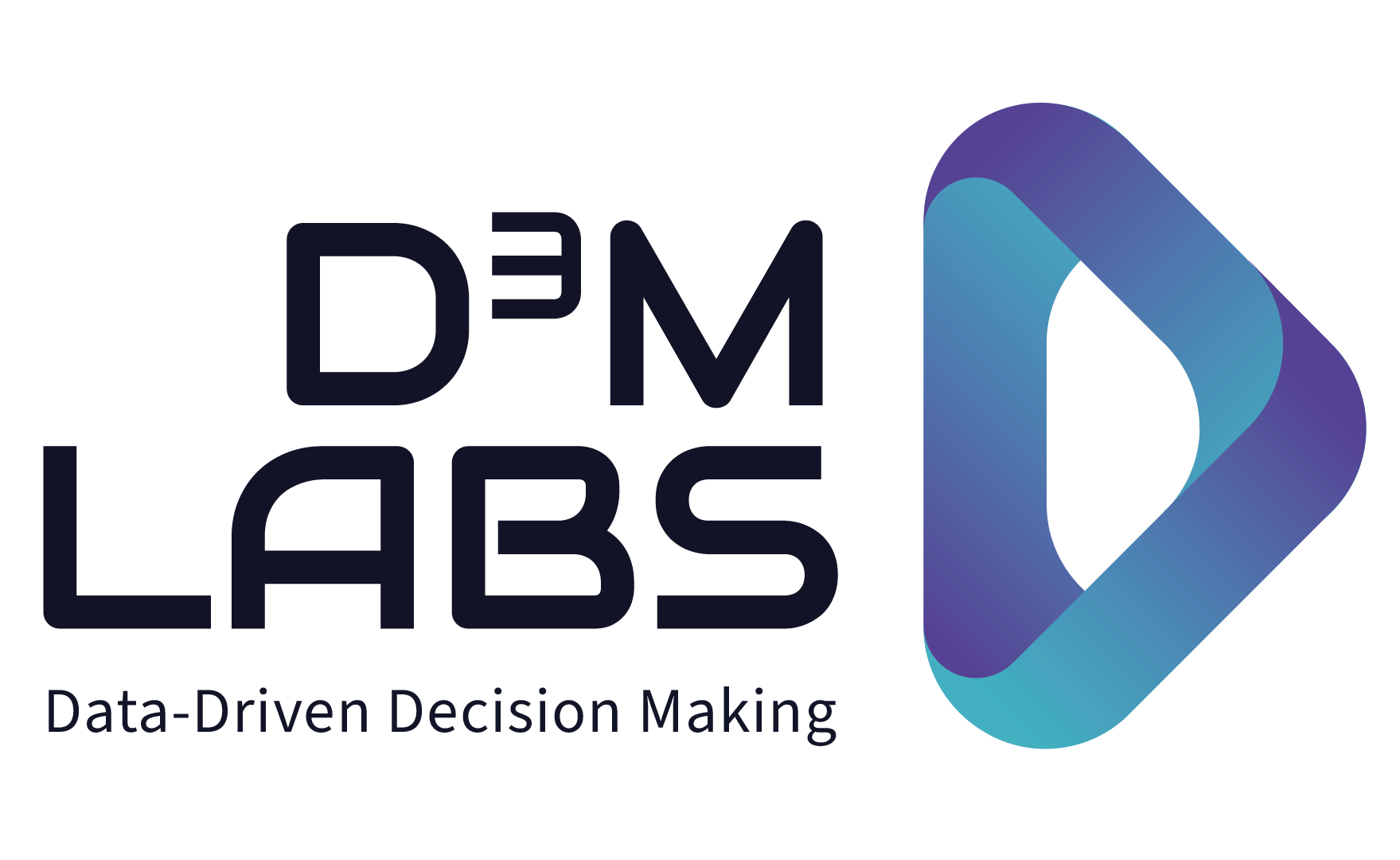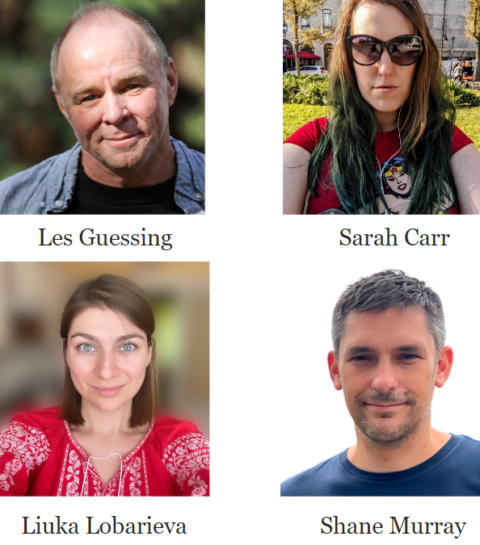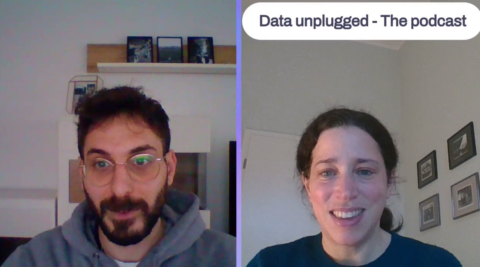Why creatives in advertising should embrace data science and data mining – an interview with Les Guessing
Contextualizing our world with data, part 1: Advertising. Les Guessing has a high school degree (barely) but has managed to find great success as an Emmy Winning Copywriter / Creative Director in Los Angeles (and beyond) in advertising – the marketing arm of Capitalism. Over the last 10 years, he has become hellbent on using data/Data Science/Machine Learning and aspects of Artificial Intelligence (especially NLP, Natural Language Processing) to make advertising creative more insightful, more efficient, more impactful, and funnier. He explains why creatives should work with data because. Among other reasons, the creative mindset enables them to look at data and see something from an entirely different perspective than data people.
Contextualizing our world with data, a D3M Labs Series
Contextualizing our world with data. A four part D3M Labs series about how communications professionals use data. Writing and other forms of communications might be art, however, technology is the means by which thoughts, news, images, etc. are conveyed, stored, measured and iterated. The impact can range from branding and connecting with customers and prospects, to reporting about world events.
Launching a human understandable data pipeline in times of war – and interview with Dmytro Zhuk
Automating the ETL process using deep learning and semantic data type detection is never easy, especially in the midst of war. One year after Russia’s invasion of Ukraine, Dmytro Zhuk, founder and CTO of Datuum.ai talked to Elizabeth Press from D3M Labs about his experiences as a family man and an entrepreneur in Kharkiv. He also shares his vision and hopes for the future.
Das Produktlebenszyklusmanagement im Zeitalter der intelligenten Geräte – ein Interview mit Eric JoAchim Liese
Wie managt man ein Data Science Produkt, Teil 2: Da die Geräte immer intelligenter werden, muss sich das Produktlebenszyklusmanagement weiterentwickeln, um die Daten als langfristigen Wert und Teil der Kundenbeziehung zu betrachten. Eric Joachim Liese spricht über Edge Computing und Geräteautonomie als Voraussetzung für ein gutes Kundenerlebnis. Er erklärt auch, wie traditionelle Hardware-Hersteller ihre Betriebsabläufe weiterentwickeln und Fachkräfte einstellen können, um diesen Weg erfolgreich zu beschreiten
Product lifecycle management in the era of smart devices – an Interview with Eric JoAchim Liese
How to Manage the Data Science Product, Part 2: As devices get smart, product lifecycle management for hardware needs to evolve to encompass the view of data as a long-term asset and as an active, even pro-active part of the customer relationship. Eric JoAchim Liese talks about edge computing and device autonomy as being requisite to providing a good customer experience. He also explains how traditional hardware manufacturers can evolve their operations and hire in expertise to successfully navigate the journey.
Data Mesh – Wie man verhindert, dass es sich in ein geldverschlingendes Chaos verwandelt – ein Podcast
Data Mesh ist eine analytische Datenarchitektur und ein Betriebsmodell, bei dem Daten wie ein Produkt behandelt werden und den Teams gehören, die sie produzieren, d. h. den Geschäftsbereichen. Wie können sich Unternehmen auf den Weg zu Data Mesh machen, ohne ihre Budgets zu sprengen und letztlich einen großen, unübersichtlichen und teuren Datensumpf zu schaffen? Höre dir den Podcast an. Lese den Blog.
Data Mesh – How to prevent it from turning into a money draining mess – A podcast
Data Mesh is an analytical data architecture and operating model where data is treated like a product and owned by teams who produce it, i.e the busness domains. How can organizations embark on their data mesh journeys without exploding their budgets and ultimately creating a big, mess, expensive data swamp? Listen to the podcast. Read the blog.
Das Management des Data Science Produktes – ein Interview mit Anna Hannemann, PhD
Wie managt man ein Data Science Produkt, Teil 1: Algorithmen sind Produkte, die gemanagt werden müssen, um geschäftliche Ergebnisse zu erzielen. Anna Hannemann, PhD von Metro.digital erzählt, was sie als Pionierin im Produktmanagement für Datenwissenschaft gelernt hat. Sie spricht auch über den organisatorischen Aufbau, die Kompetenzen, die vorhanden sein müssen, und darüber, wie neue Tools das Management von Data-Science-Produkten beeinflussen.
Managing the data science product – an interview with Anna Hannemann, PhD
How to manage the data science product, Part 1: Algorithms are now products that need to be managed for business impact. Anna Hannemann, PhD of Metro.digital shares what she has learned as a pioneer in data science product management. She shares some key success factors for data science product development to drive monetization and growth .She also talks about organizational design, competencies that need to be in place and how new tools are impacting how data science products are managed.
Wie managt man ein Data Science Produkt? – Eine Serie von D3M Labs
Die Datenwissenschaft entwickelt sich von der Forschung und Entwicklung zu Produkten – sowohl online als auch offline….








